What’s in a name? A rose named otherwise would smell just as sweet. So said Shakespeare back in 14th century England.
But in 21st century India, the value of a name cannot be dismissed even by the quintessential wisdom of Shakespeare.
Dalit scholar Narendra Jadhav, a Rajya Sabha MP nominated by the Modi government, is making waves with the following proposal: if surnames are dropped from Indian names, we will have a solution for the caste-based atrocities.
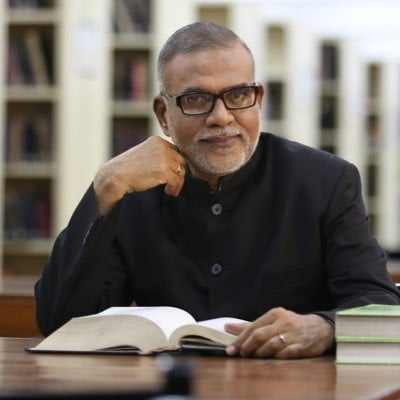
The helplessness Mr Jadhav feels is palpable, our state since Independence has claimed to strive against caste prejudices, but the recent instances of the cow-vigilantes persecuting the Dalits are yet other indicators to otherwise. Caste-bias still works elementally in all realms of our societies, and therefore, desperately calls for extremely radical measures for redressal.
Dropping surnames is one of them.
This kind of an equalizer would somewhat work like the French policy of disallowing expression of religion in public. Only, it is way more radical, because it just won’t tamper with the physical expressions of personal identity, but uproot broader community-based and family-oriented socio-economic identities.
Its aim would be a conversion to casteless society.
As opposed to ‘sankritization’ the lower caste Dalits to upper-class fashions, it will not be to equalize anyone through affirmative means, but rather through a degeneration of identity indicators.
How would it work?
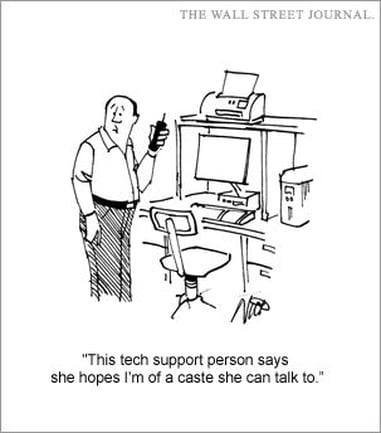
Unlike racism, where the divide between the white and the black, or even the Asians, comes from the skin color, caste is determined by birth.
And since castes operate on the tags made obvious by the names gained by birth, doing away with the Vedic categorization in the modern age seems natural if it hinders the growth and development of a nation.
Pretty literally it would resist foregrounding of any phonetic bias against casteist nomenclature. You will have to know the person to judge their capabilities, instead of responding to a name.
Why do we need it?

Surnames originated from occupational classifications, a quick recap from any history resource will verify that. Varnas, and further on jatis, were a fluid system of categorizing that once aided administration and communication.
It was only much later that it came to signify hardcore exclusionary stratification.
Bizarrely enough, this class of discrimination that almost mimics racism is peculiar to India, although the phenomenon of adopting surnames according to professions and practices is cross-cultural.
Therefore, we have a documented history of socially enforced coercion to follow caste divides but it was only after Independence that it took the coloring of a violent communal disturbance. Dropping surnames would mean a very post-modern approach to the building of equal, fair, casteless society our freedom fighters envisioned.
What are its advantages?
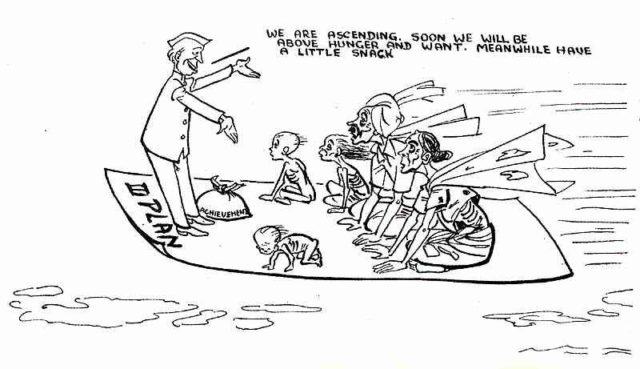
It would mean that upper caste people won’t be able to extract advantages on the sole criteria of having a purvapurush (a forefather) belonging to an upper caste. Conversely, a Dalit cannot be identified, then humiliated and traumatized for the sole mistake of being born to a lower caste.
Because there will be no surnames to distinguish them!
It would also mean no reservation privileges. If we are building towards a casteless society, we would ideally want a level playing field where the person with the greatest merit will excel. It would work immensely in favor of the legally general castes who have been lobbying against this constitutional policy for several decades.
What are its disadvantages?
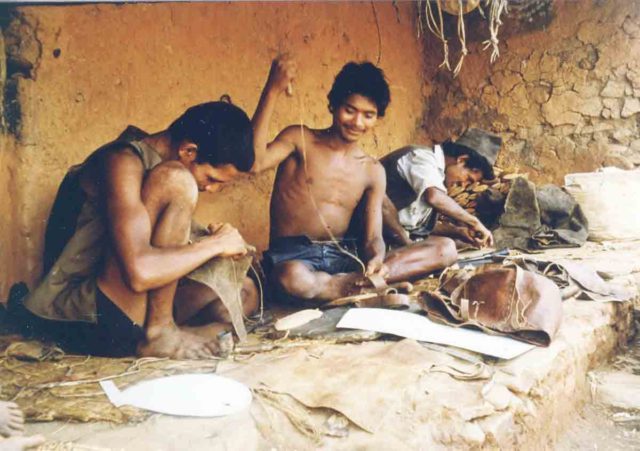
Again, no reservation system for the needy. Dr. Ambedkar had created limited provisions for reserving opportunities for the backward sections because reforming a nation’s perceptions wasn’t possible overnight. He trusted the future wouldn’t be as bleak.
Sadly, ‘the future’ is still dark and bleak.
There can always be newer systems of bias and discrimination. It’s forward-thinking, radical but it won’t change the discriminatory attitudes. New bizarre ways to segregate are more than likely to mushroom.
Also, think about it, wouldn’t almost everyone like having a unique name? Or like a friend puts it, how will we distinguish the nine Prernas in our classroom registers?
It must be understood that Narendra Jadhav’s proposal aims more at calling the Indian consciousness to dialogue, rather than actually changing the how Indians are named overnight through a policy. Sure he is serious about it, but it is not an isolated solution that he is advocating.
Of the several solutions that may serve to value for Dalit lives more, and curb atrocities towards the Dalits in the longer run, this one seems to be ideally equalizer for a radical change.
Even Meira Kumar has dared you to.
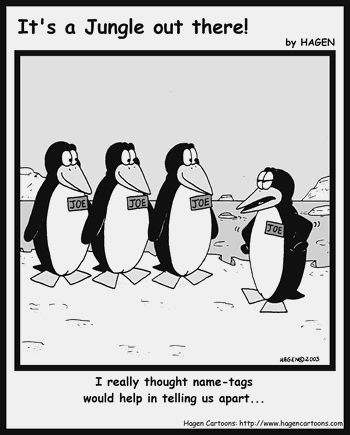
On a lighter note, I could change my name to Princess Consuela Banana Hammock to feel different from other Brindas, no? *wink*
So, would you be happy without a surname, or say just a generic surname? Tell us below!
For more reads on trending issues, check below:
http://edtimes.in/2016/08/gst-for-dummies/
http://edtimes.in/2016/08/new-genre-of-politics-deadline-politics/


































